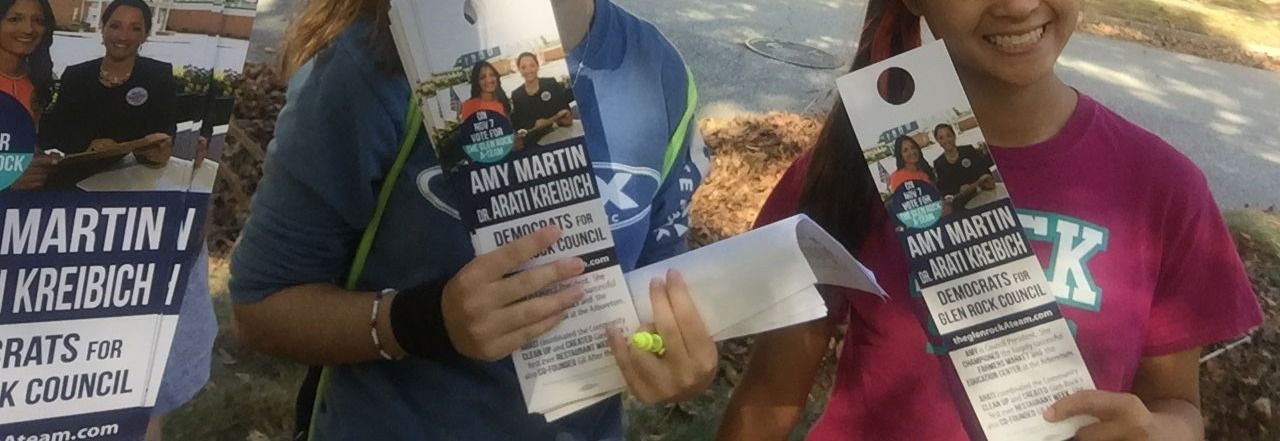Win and Win: What Interns Get and What You Get

High school interns are one of the best assets a local campaign can have. They’re enthusiastic, smart, quick to learn, and often bring their friends along for the ride.
What they get:
- Real-world experience in politics and grassroots campaigning
- A chance to explore political science, government, media, and organizing
- Volunteer hours or resume-building experience
- Mentorship from adults who believe in democracy
What you get:
- Support with flyers, door hangers, and social media
- Help running events, knocking doors, or even cutting turf in MiniVAN
- A direct line into a younger voter base
- A new set of hands when everyone else is juggling ten tasks
If you're running a Democratic campaign around a kitchen table, bringing on a high school intern is one of the easiest ways to expand your reach and impact.
Project Ideas for Interns
Not sure what to give them? Try any of these:
- Flyer Distribution: Interns can hang flyers downtown and at local businesses that allow them.
- Social Media Support: Let them help you schedule posts, design graphics in Canva, or brainstorm captions. They know what’s trending.
- Event Help: From setup to cleanup, interns are often thrilled to help out and they’ll learn a ton in the process.
- Voter Outreach: Interns can help with text banking, prepping VBM materials, or organizing lawn sign logistics.
- Platform Feedback: Ask them what issues matter to them and their peers. You might be surprised how thoughtful they are.
Pro tip: Interns love doing real tasks. Let them try. Let them fail. Teach them how to do it right. That’s the gig.
Where to Find High School Interns
- Ask teachers directly: Social studies, government, or English teachers often know which students might be interested.
- Reach out to student clubs: Key Club, Debate, Model UN, Environmental Club, or Student Council.
- Post in local Facebook groups: Parents will tag their kids. Works every time.
- Ask your volunteers: Someone probably has a kid who’d love to help out.
- Talk to the guidance office: Many students need service hours to graduate.
You don’t need dozens. Just one or two interns can make a meaningful difference.
Application and Interview Process
Keep it simple. A short Google Form is all you need to collect:
- Name and contact info (yes, phone number because they text, not email)
- School and grade
- Why they’re interested
- Any experience or special skills (social media, Canva, writing, etc.)
- Availability
Then set up a short, 10-minute video chat to:
- Get a sense of their communication skills
- Share expectations and what they'll learn
- Make sure it's a good fit for both sides
Best Practices for Working With Interns
- Hold a weekly intern check-in: Even 30 minutes on Zoom helps keep them connected and accountable.
- Teach them something every week: What is GOTV? How does canvassing work? What’s the difference between a candidate and campaign manager?
- Give them ownership: Let them lead a flyer campaign or take over the Instagram for a week.
- Text them, don’t email: If you email an intern, you might as well mail it by pigeon.
- Recognize their work: Shout them out on social, write them a college rec later, thank them in your eblast.
Want to build the next generation of Democratic leaders?
Start with a Google Form and a Zoom link.
Bring them in.
Train them.
Let them see what democracy looks like right here in your town.